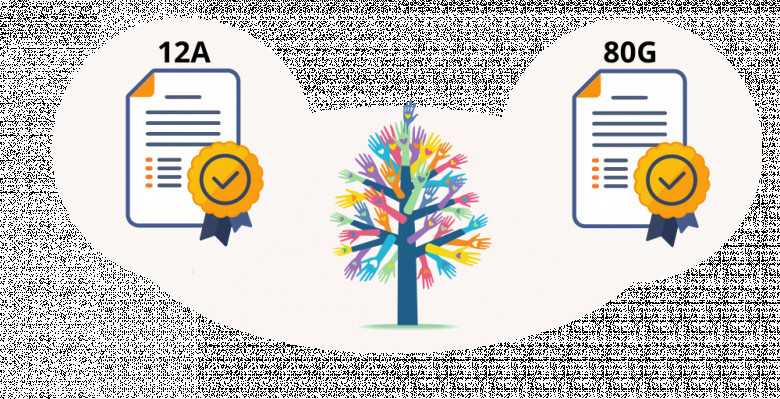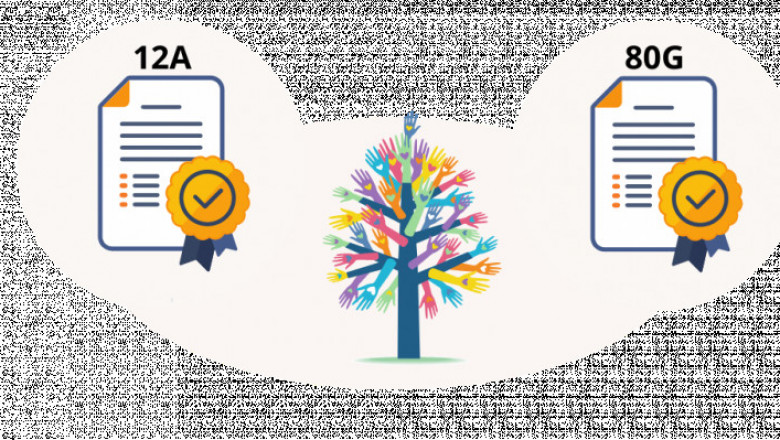views
Starting and running a non-governmental organization (NGO) in India is a noble mission. NGOs play a vital role in social development, education, healthcare, women empowerment, and many other areas. However, for NGOs to grow, sustain themselves, and gain trust, certain registrations and certifications are crucial. One of the most important is the 80G 12A certificate. This certification not only provides tax benefits but also builds credibility with donors and the government.
What is an 80G 12A Certificate?
The 80G 12A certificate consists of two separate but interlinked registrations under the Income Tax Act of India.
-
Section 12A registration allows an NGO to be exempted from paying income tax on its surplus income.
-
Section 80G registration allows donors who contribute to the NGO to claim tax deductions on their donations.
Together, these certificates form the foundation for financial transparency and sustainability for NGOs.
Why is the 80G 12A Certificate Important?
-
Tax Exemption for NGOs
An NGO registered under 12A is not required to pay income tax on its income, provided that the income is used for charitable purposes. This ensures that the organisation’s resources are fully utilised for their intended social impact. -
Attract More Donors
Donors—especially corporates and high-net-worth individuals—prefer to give to NGOs with an 80G 12A certificate because their donations are eligible for tax deductions. This creates a win-win situation: donors save on taxes, and NGOs receive more funding. -
Enhance Credibility
Possessing an 80G 12A certificate signals to the public, donors, and government bodies that your NGO is legitimate and operates within the legal framework. This enhances trust and opens doors for grants and partnerships. -
Eligibility for Government and International Funding
Many government departments and international bodies require NGOs to have an 80G 12A certificate before releasing funds or entering into partnerships. Without these certificates, NGOs may miss out on significant funding opportunities. -
Compliance and Transparency
Applying for and maintaining an 80G 12A certificate ensures that NGOs maintain proper accounting records, file annual returns, and adhere to regulatory norms. This improves internal governance and long-term sustainability.
How to Get an 80G 12A Certificate?
The process of obtaining an 80G 12A certificate involves registering your NGO under one of the eligible categories (like a trust, society, or Section 8 company), preparing documents such as PAN, incorporation certificates, and audited financials, and then applying online through the income tax department's portal. The application is reviewed by tax officials, and if all documents are in order, the certificate is granted.
Conclusion
Every NGO in India should prioritise obtaining an 80G 12A certificate. It is not just a legal formality; it’s a powerful tool for growth, transparency, and fundraising. Whether you're a newly established NGO or one that has been around for years, securing your 80G 12A certificate can make a significant difference in your ability to attract funding, build partnerships, and make a lasting impact.















Comments
0 comment